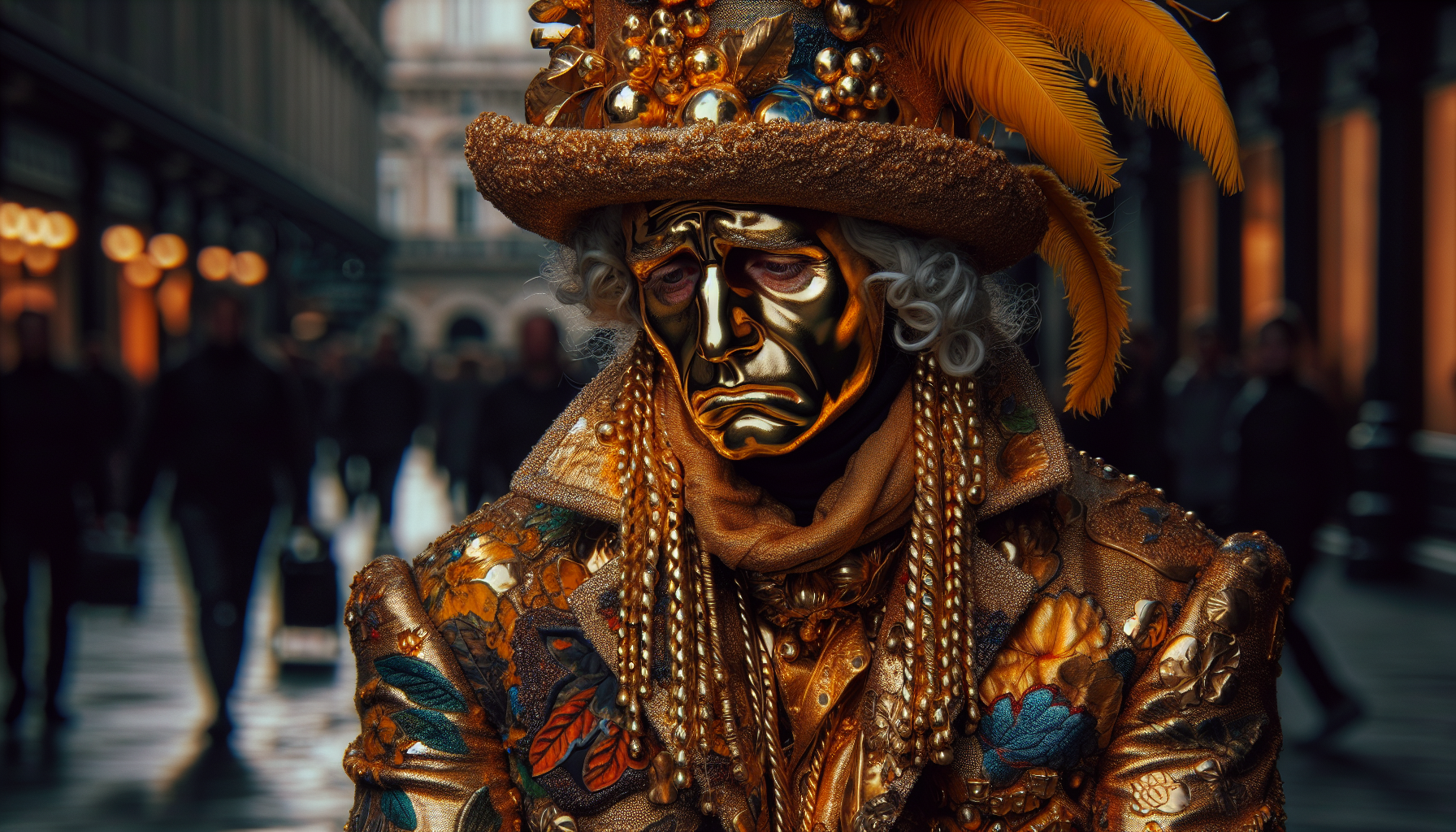The American Dream Through Nick's Eyes

Nick Carraway's upbringing plays a crucial role in shaping his character and worldview. Coming from a wealthy family in the Midwest, his background is steeped in traditional values such as hard work, integrity, and modesty. His family's wealth stems from successful farming ventures, which instilled a sense of responsibility and moral rectitude in him. This grounding contrasts sharply with the extravagant lifestyles of the characters he encounters in East Egg and West Egg, where wealth often overshadows genuine human connection. When Nick first arrives in New York, he is simultaneously captivated and repulsed by the lavish parties hosted by Jay Gatsby. He appreciates the vibrancy and excitement of the Jazz Age but remains acutely aware of the emptiness that often accompanies such excess. Nick's internal struggle reflects his attempt to reconcile his Midwestern values with the allure of wealth and status, setting the stage for his eventual disillusionment.
The Allure of Wealth and Its Discontents
Nick's journey into the realm of the wealthy is marked by a constant tension between fascination and disillusionment. Gatsby's extravagant lifestyle symbolizes the pinnacle of the American Dream—an embodiment of ambition, success, and the potential for reinvention. However, as Nick becomes more entrenched in Gatsby’s world, he begins to uncover the darker realities that lie beneath the surface. The American Dream, once a beacon of hope and possibility, reveals itself to be fraught with moral decay and emptiness. A poignant example of this disillusionment is Nick's relationship with Tom Buchanan, who epitomizes the arrogance and entitlement of the old-money elite. Tom's infidelities and blatant disregard for those around him serve as a stark reminder of the moral bankruptcy that often accompanies immense wealth. The dynamic between Tom and Daisy Buchanan further exposes the hollowness of their privileged existence, highlighting a stark contrast with Nick’s more earnest values and upbringing.
A Silent Critique of the American Dream
Through Nick’s observations, Fitzgerald crafts a narrative that critiques the American Dream while simultaneously acknowledging its seductive allure. Nick's ambivalence toward wealth and success provides readers with a lens through which to examine the broader implications of ambition in American society. His reflections on Gatsby’s tragic pursuit of wealth and status reveal the contradictions inherent in the American Dream—an ideal that promises prosperity but frequently leads to disillusionment and despair. In the climactic moments of the novel, as Nick grapples with the aftermath of Gatsby’s death, he comes to a profound realization about the futility of Gatsby’s dream. “They’re a rotten crowd,” he declares, distancing himself from the superficial values that permeate East Egg society. This moment signifies Nick’s transformation from a mere observer to a critical commentator, underscoring the lasting influence of his Midwestern upbringing on his understanding of wealth, success, and moral integrity.
Nick Carraway serves as a compelling lens through which to explore the complexities of the American Dream in "The Great Gatsby." His Midwestern roots provide a strong moral foundation that sharply contrasts with the decadence and moral ambiguity of the East Coast elite. Through Nick's experiences, Fitzgerald illustrates the seductive nature of wealth, as well as its potential for despair and disillusionment. Ultimately, Nick represents the duality of the American Dream—a dream that, while alluring, is often marred by the very excesses and moral failings it seeks to escape. In this way, "The Great Gatsby" remains a timeless exploration of ambition, identity, and the quest for meaning in a rapidly changing world, inviting readers to reflect on the true cost of pursuing the American Dream.
Literary Critic
Academic institutions, literary journals, cultural organizations
Core Responsibilities
Analyze and interpret literature, focusing on themes, characters, and cultural contexts.
Write critiques and essays for publications, exploring the significance of literary works in society.
Engage in discussions or panels about literary trends and movements.
Required Skills
Strong analytical and writing skills; proficiency in literary theory.
Familiarity with various genres and historical contexts of literature.
Ability to articulate complex ideas clearly, both in writing and verbally.
Cultural Historian
Museums, universities, historical societies
Core Responsibilities
Research and analyze cultural trends, movements, and figures, focusing on a specific period, such as the 1920s.
Write books, articles, or papers that explore the intersection of culture, society, and historical events.
Present findings at conferences or community events to educate the public on cultural history.
Required Skills
Strong research and writing skills; knowledge of historical methodology.
Ability to synthesize diverse sources and viewpoints into coherent narratives.
Expertise in specific historical periods or thematic studies, such as the American Dream.
Creative Writing Instructor
Colleges, universities, writing workshops
Core Responsibilities
Teach writing courses focusing on fiction, poetry, or literary analysis in academic or community settings.
Provide feedback and mentorship to aspiring writers, helping them develop their unique voices.
Develop course materials and curricula that inspire creativity and critical thinking about literature.
Required Skills
Strong background in creative writing and literature; experience in publishing.
Excellent communication and interpersonal skills to foster a supportive learning environment.
Familiarity with contemporary literary trends and techniques.
Social Critic/Commentator
Media outlets, think tanks, independent platforms
Core Responsibilities
Analyze and critique social issues, cultural phenomena, and their implications through various media (writing, podcasts, social media).
Engage with audiences to provoke thought and discussion about contemporary societal challenges.
Research and publish articles that reflect on historical and current events, drawing connections to literature and culture.
Required Skills
Strong analytical skills; ability to synthesize information from various disciplines.
Proficiency in writing and presenting ideas clearly and persuasively.
Knowledge of social theory and contemporary cultural issues.
Public Relations Specialist (Cultural Focus)
Nonprofits, cultural institutions, literary organizations
Core Responsibilities
Develop and implement communication strategies for cultural organizations, including literary festivals and arts programs.
Write press releases, articles, and content that convey the mission and events of the organization.
Build relationships with media and community stakeholders to promote literary and cultural initiatives.
Required Skills
Excellent writing and communication skills; experience in media relations.
Strong organizational skills to manage multiple projects and deadlines.
Understanding of cultural trends and the ability to engage diverse audiences.


